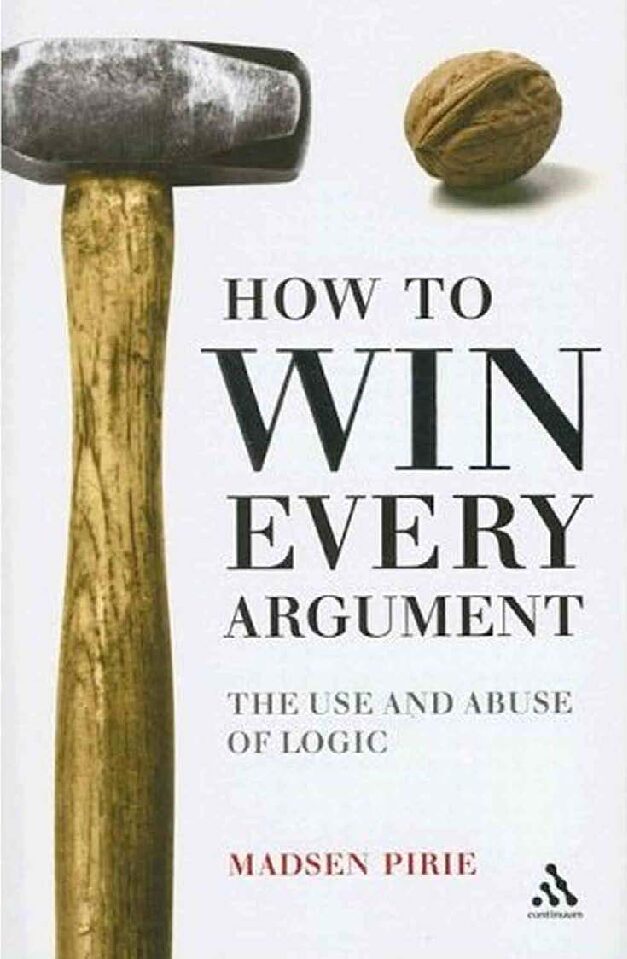summary of how to win every argument
How to Win Every Argument, by Madsen. Focusing on logical approaches (and occasionally illogical tricks) used in debates, Pirie is a clever and useful manual to the art of persuasion. Pirie dissects several argument techniques—both fair and manipulative—so enabling readers to improve their reasoning ability and identify when others distort logic.
Important Ideas and Strategies
1. Structured Logical Arguments
Pirie teaches good reasoning techniques, including
Deductive Arguments: Specifically concluding from broad ideas (e.g., “All people are mortal. One human being is Socrates. Socrates is thus mortal.”).
Inductive arguments—that is, “The sun has risen every morning; therefore, it will rise tomorrow”—form general conclusions based on particular observations.
Three-part logical structures called syllogisms examine soundness.
2. Typical Logical Errors (How to Recognize & Apply Them)
The book explores many fallacies, including several dozen in
Attacking the person instead of the argument is an ad hominem.
Misrepresenting an opponent’s position to quickly knock it down, the straw man
False Dilemma: Offering just two very limited choices when there are more.
Assuming the conclusion inside the premise—circular logic—begging the question
Claiming one little step will cause an extreme result on a slippery slope.
3. Persuasion Strategies—Fair and Unfair
The advantage of “humor” (Ch. 6) is disarming opponents using wit.
The “Kettle Logic” Trick (Ch. 10) provides several contradicting justifications meant to perplex critics.
Beginning with a reasonable point, the “Bait and Switch” (Ch. 15) then veers to a different argument.
4. Defensive Approaches
Strengthening an opponent’s argument before refuting it—the reverse of straw-manning—is “steel-manning.”
“Poisoning the Well”: Preemptively denigrating the credibility of an opponent.
“The Last Word” Tactic: Managing the closing remarks to make a lasting effect.
Lastly
Pirie’s book is a playbook for rhetorical warfare as well as a critical thinking manual. It is helpful for debaters, negotiators, and everyone else who wants to argue more successfully—or against manipulation—even if it teaches how to win arguments logically by highlighting dishonest strategies.
Lawyers, debaters, businesspeople, and everyone else eager to improve their reasoning abilities should find the best fit here.
